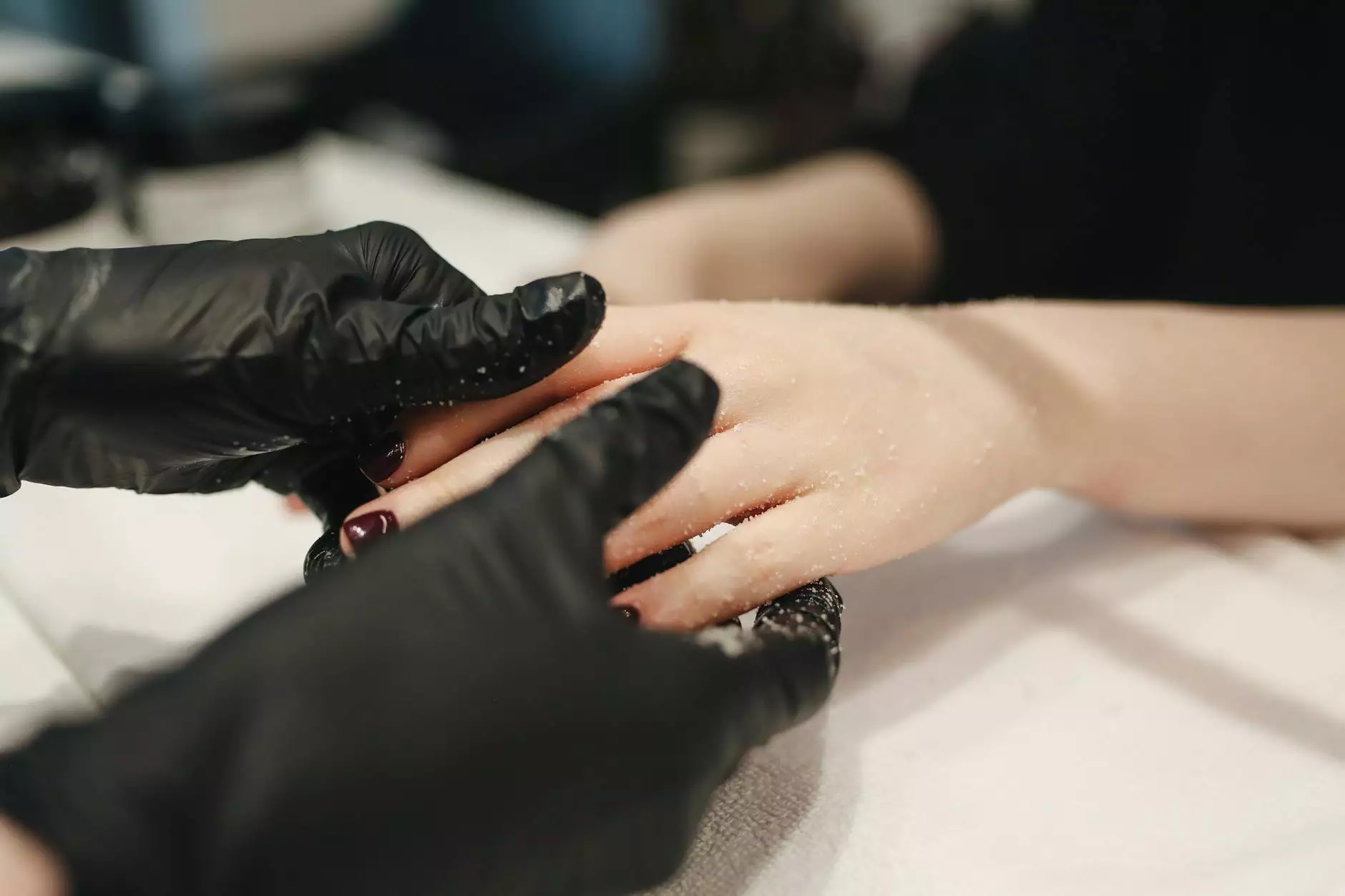The Comprehensive Guide to the Cost of a Dental Crown

When it comes to dental work, one of the most common procedures is the placement of a dental crown. Understanding the cost of a dental crown is crucial for patients considering this dental solution. In this article, we will delve deep into the factors affecting the costs, types of crowns available, and financing options to help you make an informed decision.
What is a Dental Crown?
A dental crown is a cap placed over a damaged or decayed tooth to restore its shape, size, strength, and appearance. Crowns are used in various dental situations, such as:
- Protecting weak teeth from breaking
- Restoring an already broken tooth
- Covering a tooth that has had a root canal
- Making a cosmetic modification
Types of Dental Crowns and Their Costs
There are several types of dental crowns available, each with varying costs:
- Porcelain Crowns: Known for their natural appearance, porcelain crowns often cost between $800 and $3,000 per crown.
- Metal Crowns: These crowns are highly durable and usually range from $300 to $2,500. They are made of metals such as gold, nickel, or chromium.
- Porcelain-Fused-to-Metal Crowns: Offering a balance between strength and aesthetics, these crowns cost about $500 to $3,000.
- Zirconia Crowns: These new-generation crowns provide strength and natural appearance and typically range from $600 to $2,500.
- Resin Crowns: These are generally the most economical, costing between $300 and $1,500, but may not be as durable as other materials.
Factors That Influence the Cost of a Dental Crown
When determining the cost of a dental crown, several key factors come into play:
- Location of the Dental Office: Prices for dental crowns can vary significantly from one region to another. Urban areas often have higher costs compared to rural locations.
- Experience of the Dentist: Highly experienced dentists may charge more due to their advanced skills and the higher quality of service they provide.
- Type of Dental Insurance: Insurance plans often cover a part of the costs, significantly dropping the out-of-pocket expenses for patients.
- Laboratory Fees: Dental laboratories often charge for the materials and craftsmanship that go into creating customized crowns.
- Additional Procedures Needed: The need for additional procedures like root canals or extractions can inflate the total cost.
What is Included in the Cost of a Dental Crown?
The total cost of a dental crown may encompass various components:
- Consultation Fees: Initial visits and examinations can often incur costs.
- X-Rays: Necessary imaging to assess the tooth's condition before proceeding.
- Crown Materials: The choice of material will significantly affect the price.
- Temporary Crown Costs: Some patients may need temporary crowns while their permanent crown is being manufactured.
- Follow-Up Visits: Any necessary adjustments or additional appointments may add to the total cost.
Payment and Financing Options
Understanding how to manage the financial aspect of obtaining a dental crown is vital. Here are some common options:
- Dental Insurance: Many plans cover a portion of the costs associated with dental crowns. It is essential to check your insurance policy to understand your coverage.
- Health Savings Accounts (HSAs): These accounts allow you to save pre-tax dollars for medical expenses, including dental work.
- Payment Plans: Many dental offices offer flexible payment plans to make treatments more affordable over time.
- CareCredit: This is a specific financing option for medical expenses, allowing you to break down costs into manageable monthly payments.
How to Choose the Right Dentist for Your Dental Crown
Selecting a dentist for your dental crown is an essential step. Consider the following:
- Qualifications: Ensure your dentist is board-certified and has relevant experience in restorative dentistry.
- Reviews and Testimonials: Research online reviews or ask friends and family for recommendations.
- Consultation: Schedule an initial consultation to discuss your specific needs and get a feel for the practice.
- Technology and Techniques: Modern practices that use advanced technology may provide quicker, more accurate, and comfortable treatments.
Conclusion
Determining the cost of a dental crown can be daunting, primarily due to the variety of factors that influence pricing. However, by understanding the types of crowns available, the factors affecting their costs, and exploring financing options, you can make informed decisions about your dental care. Whether you are insured or paying out-of-pocket, being proactive will ensure you receive optimal dental treatment tailored to your needs.
For more information about the costs of dental care or to schedule a consultation, visit our website at wupdoc.com.









